British Columbia’s response to COVID-19 has set an example for other provinces in managing seasonal farm workers this year, but Mexico’s consul-general in Vancouver says an overhaul of the program remains necessary.
“British Columbia has done exceptional things,” Berenice Díaz Ceballos told Country Life in BC, singling out the province’s decision to fund housing and meals for incoming workers. “I think that’s a very excellent idea, because that’s one of the ways to make sure the workers are not bringing the COVID-19 in, to avoid any kind of stigmatization of [workers].”
She also praised the province’s efforts to inspect worker housing to ensure that it met requirements of public health orders aimed at preventing COVID-19 and protecting workers.
However, the measures that have largely prevented issues this year point a way in which the Seasonal Agricultural Worker Program could be improved in future. Mexico announced June 21 that it had established an intergovernmental committee with Canada to chart overhaul the program.
“It’s a mix of different factors that have made things go better, but we cannot drop the guard,” Ceballos said. “We know where the problems are, and I am sure after COVID-19 has passed that these temporary measures will become permanent, because I think that’s the way to [protect] the safety, health and human rights of foreign workers.”
Since foreign labour is critical to delivering the essential service of food production, Ceballos said Canada also needs to enforce the laws governing foreign workers and crack down on employers that mistreat workers or otherwise don’t live up to their obligations.
“It’s clear for everybody that this program, which is a collaboration between Mexico and Canada, has to be overhauled completely,” she said, noting that since Mexico began participating in 1974, it has expanded across Canada but with various rules for each region. Since her arrival in Vancouver in 2016, Ceballos has overseen efforts with SAWP stakeholders ranging from government to industry to non-governmental organizations to identify and address issues. Ottawa established a working group in 2018 that has made significant progress. Collaboration to address issues during the pandemic is a fruit of those efforts.
Previously, Mexico was regularly criticized for not having any consular representation in the Okanagan similar to what Caribbean governments have had. This made for less productive relationships with growers. Ceballos said improvements in communication mean her staff are now in regular touch with more than 5,000 workers from Mexico and 350 farms throughout the season.

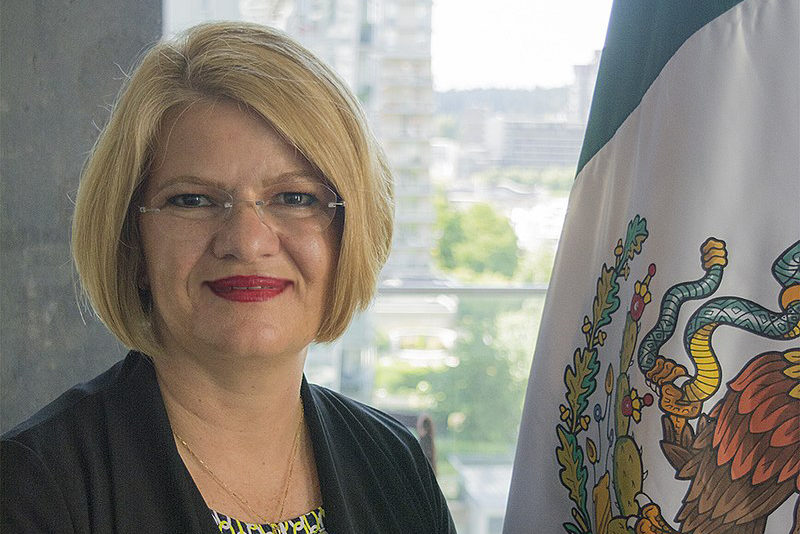
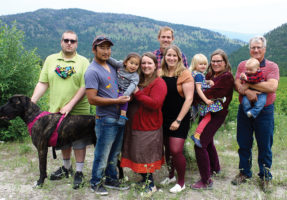
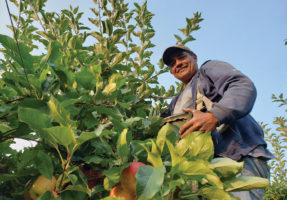
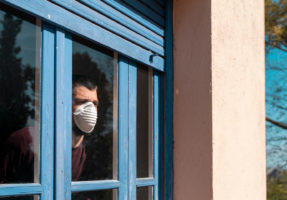
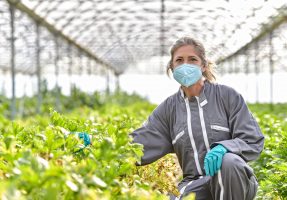

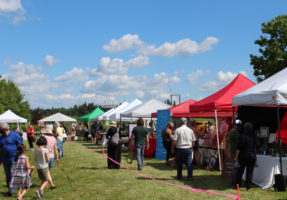
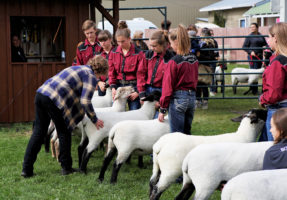
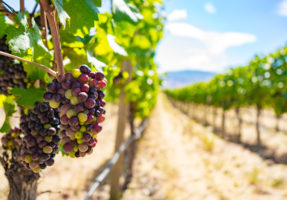


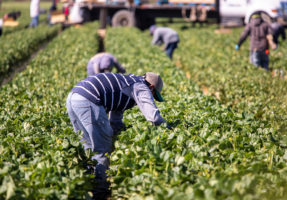

 Cherries face the pits
Cherries face the pits